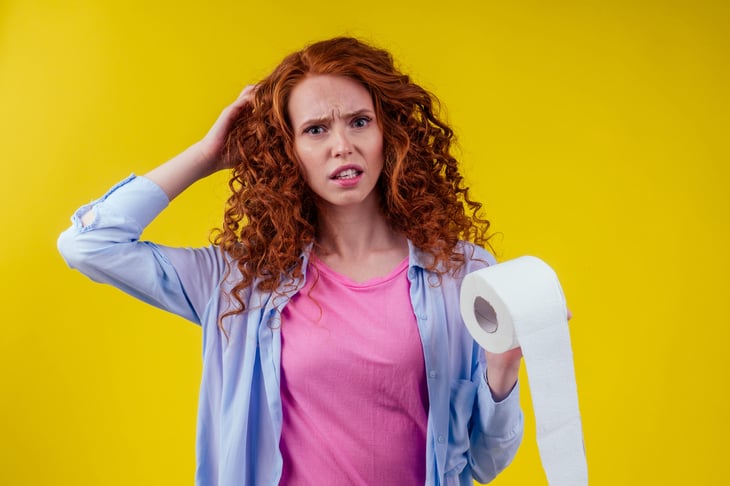
Everyone wants to save a buck. But in our pursuit of savings, there are some areas where we shouldn’t cheap out.
Following are some items for which spending more cash can be worth every penny.
1. Paint

Cheapo paint may seem like a bargain, but you could end up spending more overall if you have to paint and then repaint to get the coverage you need.
Not only could you end up using more paint initially, but bargain brands may also be less durable. That could mean you’ll be repainting again in no time.
Of course, you don’t have to run out and buy the most expensive cans either. Many midrange brands make perfectly good products, as we report in “Is This the Best Brand of House Paint?”
2. Child car seats

It is always worth spending money on your child’s safety. Check out car seat reviews and buy the best one you can afford.
Consumer Reports has reviews available to subscribers, and the National Highway Traffic Safety Administration rates car seats for ease of use. Yes, some of these are expensive, but if they save your child’s life, they’re worth it.
Whatever you do, never buy a secondhand car seat or booster. If it’s been in a crash, its integrity could be compromised. In addition, an old car seat could have passed its expiration date. After years of sitting in the sun or freezing in the winter, the plastic may be degraded or the seat may be so old that it no longer meets current safety standards.
3. Toys
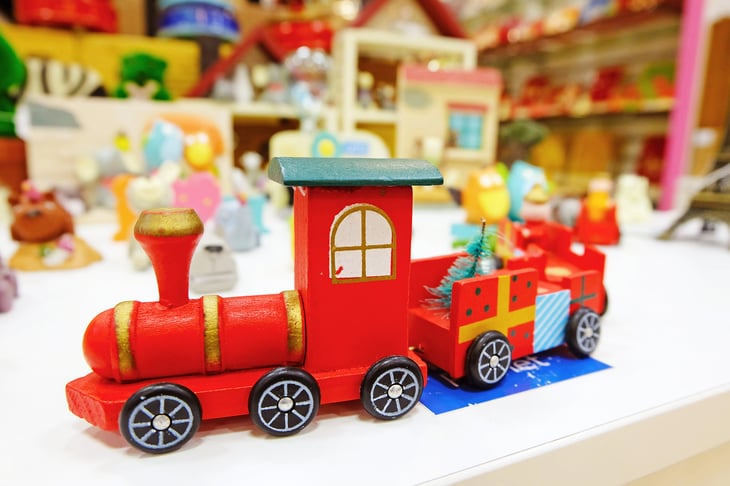
Cheap toys don’t always work right, and they seem to break easily. Then, you end up with a frustrated child and more junk to declutter later.
Instead of loading up on cheap toys, buy higher-quality items your kids will really like. They will last longer, and probably will hold your child’s interest longer, too.
4. Shoes

Kids are rough on their shoes, and my experience has been that cheap shoes tend to quickly develop holes in the top, or their soles tend to separate.
For adults, it’s a mixed bag when it comes to buying more expensive shoes. More money may mean better-quality materials. But if you sit at a desk all day, that might not make much difference. However, if you have to replace them more than once a year, you might want to upgrade your purchases.
5. Big-ticket electronics
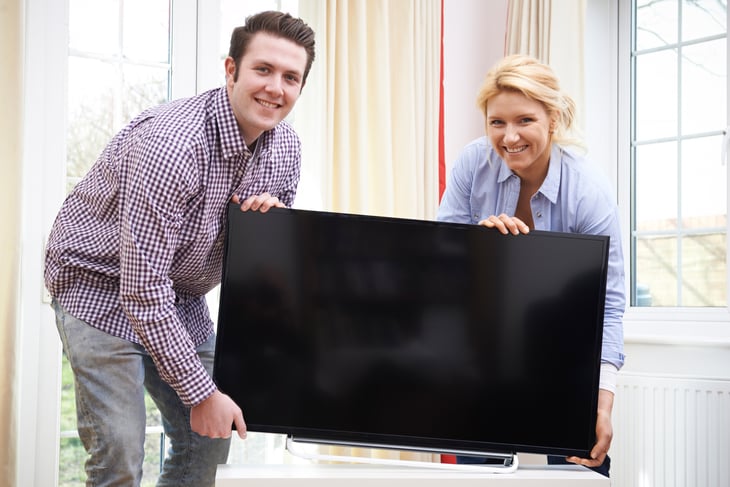
TVs and computers are both items for which a low price may also equal low quality.
Cheap computers may come with shoddy hard drives, short battery lifespans and limited warranties.
If you use a computer only occasionally, you can probably get away with a bargain-bin laptop. Otherwise, spending a little more may pay off.
It’s a similar situation with TVs. You don’t necessarily have to spend a fortune for a decent picture — there are many good models you can buy for just a few hundred dollars. However, exercise caution when buying deeply discounted TVs.
6. Health insurance
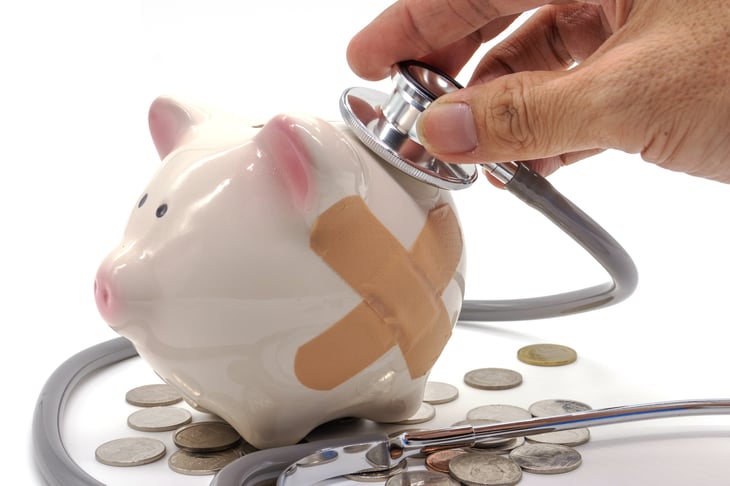
Cheap health insurance plans may have high deductibles, restricted provider networks and hoops to jump through for specialist care.
In some cases, a policy with low premiums may be the right choice. However, rather than shopping based on premium prices alone, look for all of the following when comparing medical insurance options:
- Deductible amounts per family and per individual
- Copayments for office visits, emergency care and specialist care
- Out-of-pocket costs for prescription drugs and any limitations on brand-name drugs
- Provider networks, including participating hospitals and outpatient clinics
If you have a chronic condition or reason to believe you might have medical bills in your future, buying the cheapest plan possible may be penny-wise and pound-foolish. Spend a little more per month, and you may come out ahead in the long run.
7. Toilet paper
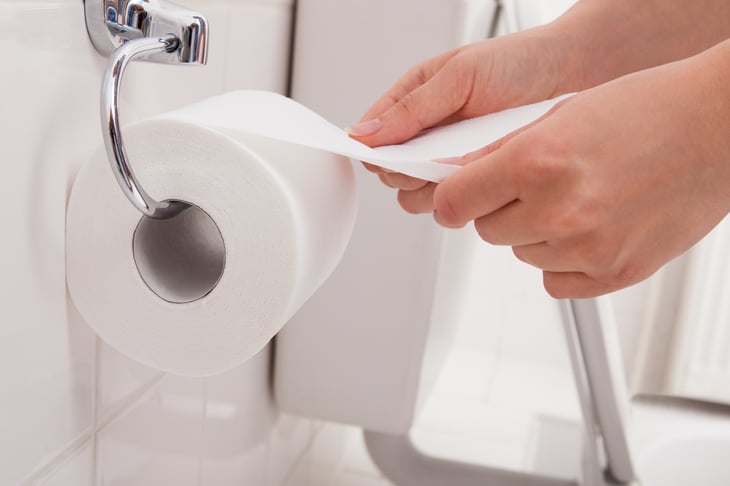
Finally, we come to the bottom of our list — figuratively and literally.
Toilet paper might rank right up there with politics and religion when it comes to causing controversy. Regardless of your preference on which way the roll should hang, I hope we can all agree you should not be buying toilet paper at the dollar store.
Toilet paper that cheap can shred easily, leaving you with an “ew” situation none of us wants to visualize. What’s more, you may find yourself using more to avoid the aforementioned messiness, and that could negate your savings.
Finally, less-expensive brands may not dissolve well, meaning potential plumbing problems and more dollars out of your pocket.
If you really want to save money on toilet paper in the long run, you could install a bidet. They have enjoyed a surge in popularity during the coroanvirus.
Disclosure: The information you read here is always objective. However, we sometimes receive compensation when you click links within our stories.



